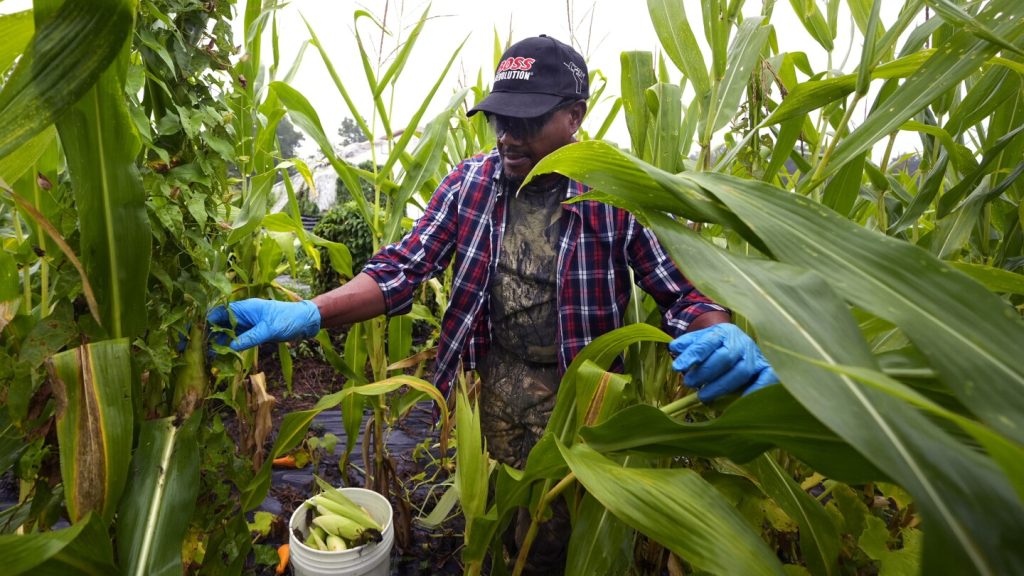A farm in Dunbarton, New Hampshire, is attracting attention for its diverse group of farmers who come from African countries such as Burundi, Rwanda, Somalia, and Congo, as well as the Asian nation of Nepal. These farmers, many of whom are refugees, run their own small businesses and sell their crops locally, providing them with an income and a sense of home. The farm is owned by the Organization for Refugee and Immigrant Success, a nonprofit based in New Hampshire, which provides support and training to the farmers. The organization runs similar farms in Concord and Boscawen, allowing refugees to participate in the American dream and contribute to their communities.
The farmers at the Dunbarton farm are independent business owners who work in partnership with the nonprofit to bring their produce to market. The farm provides them with an opportunity to belong and participate in the American dream while also allowing them to connect with their ethnic communities through the sale of their crops. The nonprofit also runs a food market in Manchester where people can purchase fresh produce or sign up for delivery boxes. While similar programs exist throughout the U.S., this model remains relatively rare, and the organization relies on state and federal funding as well as private donations to support the farmers.
Many of the farmers at the Dunbarton farm were farmers in their home countries before coming to the U.S. or had previous experience with agriculture. Sylvain Bukasa, a refugee from the Democratic Republic of Congo, escaped the conflict in his country in 2000 and spent years in a refugee camp before being accepted into the U.S. in 2006. Bukasa initially missed the foods from his home country and found it challenging to access them in the U.S. But he eventually started growing crops on the farm in 2011, and the demand for traditional crops led to the farm evolving into a commercial operation, especially during the pandemic.
For Bukasa and other farmers, the harvest provides a source of income and connection to their cultural roots. While farming is a side gig for Bukasa, who works full-time at a rental car company, he relishes the opportunity to grow crops like tomatoes, squash, kale, and okra on his plot of land. The challenges he faces include ensuring his crops are adequately watered and controlling weeds. Bukasa dreams of one day owning his own farm with a couple acres of land, allowing him to tend to his crops more easily. He also wants to improve the marketing side of his business to sell more of his produce and minimize waste, demonstrating his dedication to his work and the satisfaction of providing food to others.
The community of refugee farmers at the Dunbarton farm reflects the diversity and resilience of New Hampshire’s immigrant population. These farmers have overcome harrowing circumstances in their home countries to find a sense of belonging and purpose in their new lives in the U.S. By growing traditional crops from their homelands and sharing them with their local communities, they are not only supporting themselves but also enriching the cultural tapestry of the region. As they continue to expand their operations and connect with more customers, these refugee farmers are proving that hard work, dedication, and a passion for agriculture can overcome all obstacles.


